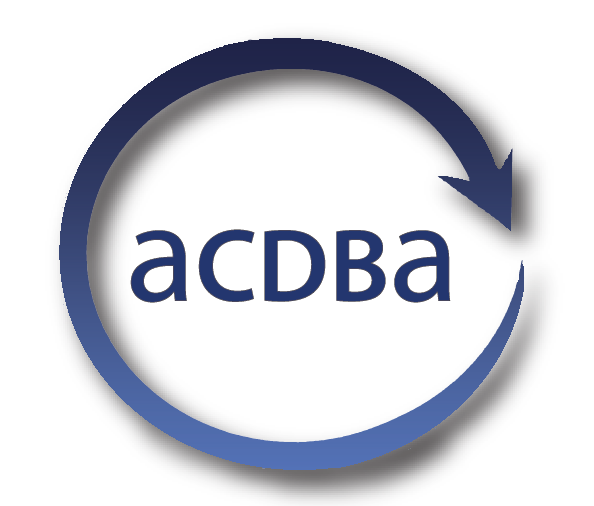Client Service Agreements

ACDBA members routinely enter into service agreements with their clients which provide:
- Performance standards, including quality management systems
- Duties, obligations and warranties
- Compliance with relevant legislation – including the Trade Practices and Fair Trading Acts, Consumer Credit Code, Privacy Act and ASIC/ACCC Debt Collection Guidelines
- Compliance with industry codes – including the ACDBA Code of Practice and the Banking Code of Practice
- Dispute resolution procedures
- Reporting obligations
- Auditing requirements
Standards in the industry are high given the contractual and legislative obligations with which our members comply. The majority of ACDBA members are large corporations, some being listed on the ASX, collecting a range of consumer, commercial and government debts. The annual survey of ACDBA members gives a snapshot of the Australian industry – read more.
Incidents
Member statistics reveal a low level of complaints against industry members. Despite a high volume of contacts (over 104 million for FY2022 in relation to 7.9 million accounts) incidents against the industry amount to less than 0.039% per total contacts per annum!
Collections exclusively involve distressed debt where consumer responses to requests for payment can be emotionally charged, an incident rate as low as 0.039% per total contacts made each year is outstanding.
Licensing
Most ACDBA members work in multi-jurisdictions. The professionalism of members is evidenced by the extremely low rate of complaints received. Complaints received are resolved promptly and efficiently, evidenced by rare enforcement action by regulators within the sector.
ACDBA supports consistent licensing in the industry to overcome:
- Inconsistent licensing requirements and standards across State & Territory jurisdictions
- Multiple licenses required to meet State & Territory specific requirements, regardless of head office locale
- Inconsistent training standards across jurisdictions
- Training requirements which exceed collector work requirements
- Restrictive and expensive training delivery requirements which ignore workplace training
- Administrative inefficiencies of some licensing agencies
Additionally to complying with the legislative environment, the clients of members generally have strict service agreements in place specifing conduct and account management standards for the member.
Read more about client service agreements.
These business to business contractual arrangements indicate the high service delivery standards agreed between ACDBA members and their clients. The agreed obligations are broader than debt collection specific legislation.
